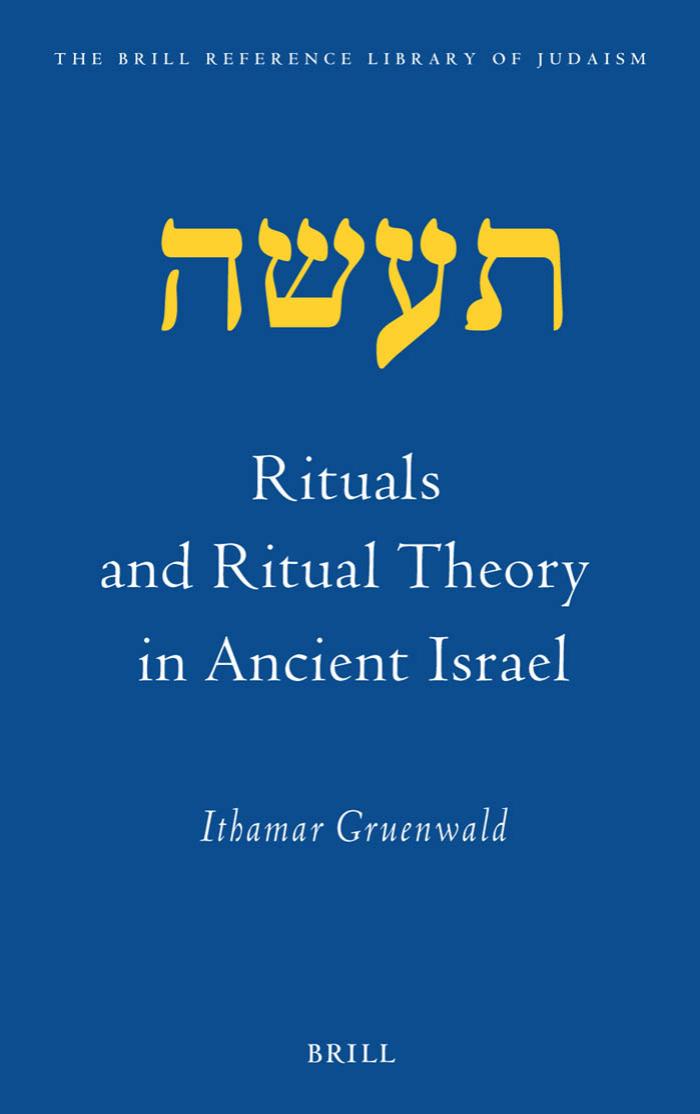

Most ebook files are in PDF format, so you can easily read them using various software such as Foxit Reader or directly on the Google Chrome browser.
Some ebook files are released by publishers in other formats such as .awz, .mobi, .epub, .fb2, etc. You may need to install specific software to read these formats on mobile/PC, such as Calibre.
Please read the tutorial at this link: https://ebookbell.com/faq
We offer FREE conversion to the popular formats you request; however, this may take some time. Therefore, right after payment, please email us, and we will try to provide the service as quickly as possible.
For some exceptional file formats or broken links (if any), please refrain from opening any disputes. Instead, email us first, and we will try to assist within a maximum of 6 hours.
EbookBell Team

4.3
8 reviewsThis book, in many ways the first of its kind, addresses the issue of rituals and their embedded ritual theory, in the religion of ancient Israel. The leading idea of the book is that rituals are a autonomous form of expression of the human mind. The human mind expresses itself in rituals, as it does in language, the arts, and mathematics. Rituals are not performative translations of symbols and ideas, and in religion, of any kind of theology. Theology does not explain how rituals are done and how they accomplish what they claim to do. The book begins with a general discussion of what rituals are, and argues that the ritual theory of each ritual is not in any general theory of ritual but embedded in the ritual act itself. Every ritual is structured in such a way that its details create the behavioural logic that makes ritual work. The difference is explored between the early and institutionalised phases of the religion of ancient Israel. Here the role of the economic ethos is the focus of the discussion. The book explores the links between myth and rituals, arguing that the connectedness with ritual endows a story with a myth essence. Detailed discussions of various rituals exemplify the major theoretical discourse. The book is of interest to scholars in the areas of Halakhah (law and ritual), religious studies, and the anthropology of religion.